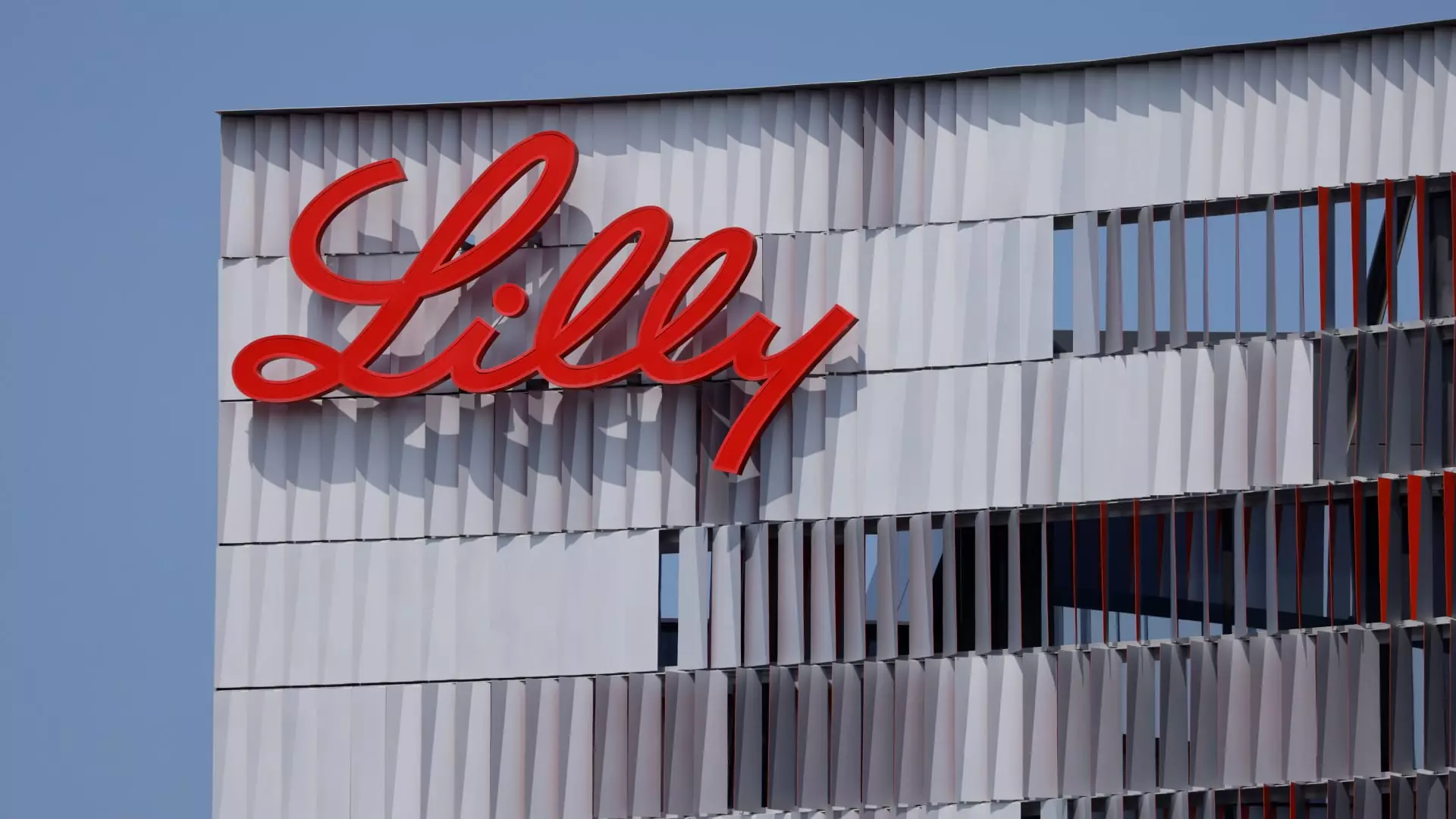Eli Lilly shocked the market by reporting second-quarter earnings and revenue that exceeded all expectations. The company’s revenue outlook for the year has been raised by a staggering $3 billion, a move that sent shares soaring by more than 7%. This incredible growth is primarily attributed to the exceptional sales performance of two of their blockbuster drugs – Mounjaro and Zepbound.
Revenue and Earnings Projections
Eli Lilly now expects full-year revenue to fall within the range of $45.4 billion to $46.6 billion, a significant increase from previous estimates. The company has also raised its adjusted earnings guidance for the year to a range of $16.10 to $16.60 per share. These improved projections are a direct result of the unprecedented success of Mounjaro and Zepbound in the market.
Supply Milestones and Challenges
During the quarter, Eli Lilly achieved critical milestones in their supply chain, although specific details were not disclosed. The demand for incretin drugs like Zepbound and Mounjaro has consistently outpaced supply, prompting the company to invest heavily in manufacturing capabilities. The Food and Drug Administration recently announced that all doses of these drugs are now available in the U.S. after facing extended shortages.
Ramping Up Production
To meet the overwhelming demand, Eli Lilly has constructed six new manufacturing plants and hired thousands of workers to increase production capacity. The company aims to boost incretin drug production by 50% in the second half of 2024 compared to the previous year. Furthermore, Eli Lilly is actively developing more convenient weight loss pills to cater to the skyrocketing demand for their products.
In the second quarter, Eli Lilly outperformed Wall Street expectations by a wide margin. The company reported adjusted earnings per share of $3.92 compared to an expected $2.60 and generated revenue of $11.30 billion, up 36% from the same period the previous year. The successful sales figures were primarily driven by the impressive performance of Mounjaro and Zepbound in the market.
Zepbound, in its second full quarter on the market, generated $1.24 billion in sales, surpassing analyst predictions. On the other hand, Mounjaro recorded revenue of $3.09 billion, more than tripling its sales from the year-earlier period. The increased access to these drugs in the U.S. market and the decline in savings card program usage contributed to the higher sales figures.
Despite the growth in sales, Eli Lilly assured that pricing for their incretin drugs remained stable during the second quarter. The company expects pricing to remain consistent throughout the year with no significant deviations. This contrasts with competitors like Novo Nordisk, which faced pricing pressures impacting their sales performance.
Eli Lilly’s stock has seen a significant surge, with shares increasing by more than 30% this year and nearly 60% in the previous year. The consistent demand for the company’s weight loss and diabetes drugs, coupled with growing investor interest in their potential for treating various health conditions, has fueled this remarkable growth.
Eli Lilly’s outstanding second-quarter performance, coupled with their robust growth projections and supply chain improvements, positions them as a formidable player in the pharmaceutical industry. The company’s ability to meet market demand, innovate new products, and maintain stable pricing bodes well for their continued success in the future.

Leave a Reply